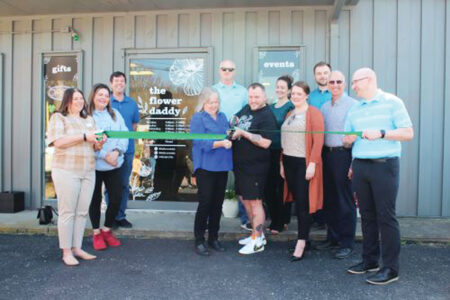Leaders must realize impact of shortcuts on the job
Coal mine supervisors as a group were highly focused on production. Most of them tried to obey mine laws and safety policy but a few others viewed these laws and policies as mild guidelines. With the latter type of supervisor, a decision between safety and production always fell to production. A couple of times, I saw union men, labeled by the company as troublemakers or lazy, become the most hard-nosed, production-oriented supervisors.
Mark, a shift foreman I knew early in my career, was notorious for rigging up equipment and the mine infrastructure, even to the point of illegally by-passing safety features. One such safety infraction caused a mine fire when a trolley wire fuse was over-ridden. His objective was to keep production going with the intention of creating a lasting fix later. He usually didn’t get around to the lasting fix.
Typically, Mark was a committed manager who spent 10 to 12 hours at work most days. He played as hard as he worked. Once, he and another foreman took off a couple of weeks without permission to do some heavy drinking. Shortly afterward, he left the mine and became a federal inspector. According to federal regulations, he could not inspect the mine where he last worked until two years had gone by. After the two years had passed, Mark showed up at our mine office to inspect our mine. Everyone was happy to see him until the violations flowed fast and furious. A number of the violations were for shortcuts that he, himself, had installed or taught others how to install. By the look on his face, he seemed to enjoy this ironic turn of events.
I felt this turn of events patently unfair. It wasn’t that the mine should not have been fined for its violations. However, the former shift foreman turned inspector should have notified the mine management of the types of violations he would be looking for on his first visit. That way the mine could have fixed the problems created by the former shift foreman himself.
One of the mandates of the Mine Enforcement Safety Administration (MESA) for whom federal inspectors worked was to enforce the federal laws. Another obligation was to teach safe mining practices. In this case, Mark was setting up his former employer for failure. Leaders need to realize that problems created years ago can arise as issues of concern today.
Occasionally, surveying for and fixing a class of problems can save an unexpected series of negative outcomes. Even equipment that seems to be running well can be a time bomb in disguise.
Leaders also realize short-cuts, as in the trolley wire fuse, while seeming to increase production can cost the company much more over the long run and even risk the safety of employees.
R. Glenn Ray, Ph.D., is the president of RayCom Learning.
To learn more about Ray’s completely revised, third printing of The Facilitative Leader: Behaviors that Enable Success, visit his Web site, www.raycomlearning.com or call him at 740-629-4536. Everyday Leadership appears each Wednesday on the Business page.


